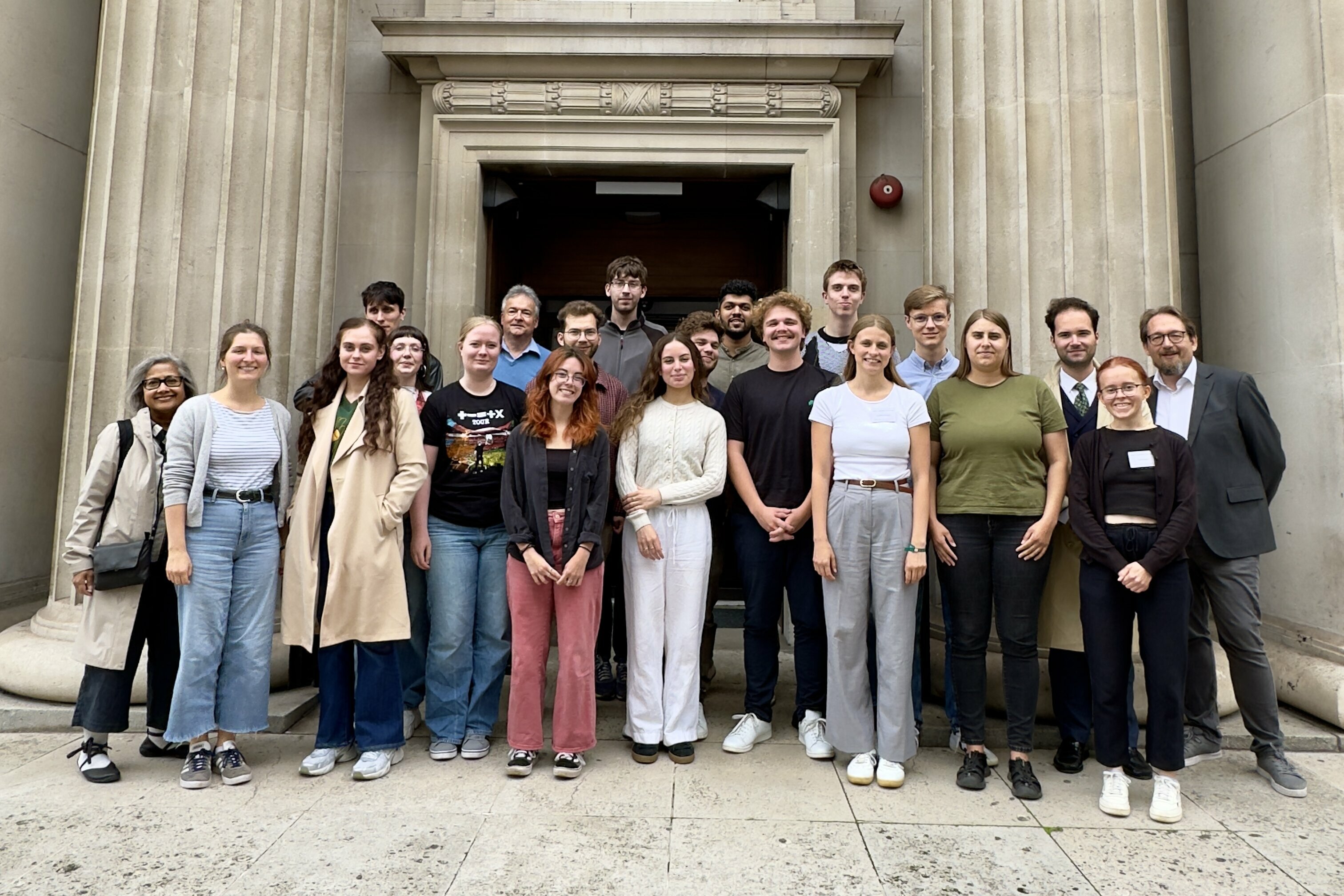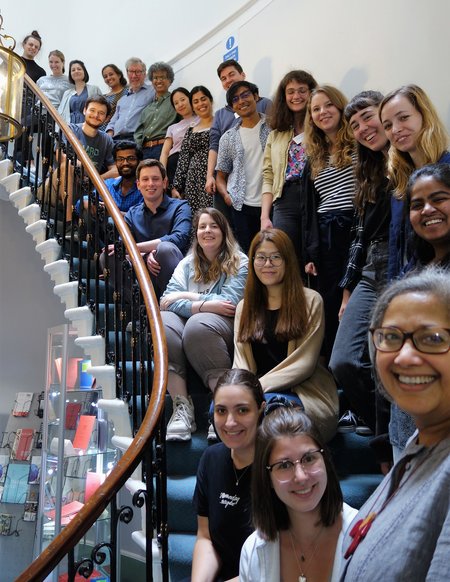Summer School
23rd Summer School
City and Empire. Colonial and Postcolonial London
21 – 24 July 2026

Organizers: German Historical Institute London and the Ludwig-Maximilians-University, Munich
Course convenors: Professor Johannes Großmann (LMU Munich) and Dr Indra Sengupta (GHI London)
German Historical Institute London
Deadline for applications: 6 March 2026
Course topic:
From the seventeenth to the middle of the twentieth century, London was at the centre of a global empire and was, thus, the epitome of the imperial city. Consequently, with the end of the British Empire, it was also at the crossroads of Britain’s decolonising experience/s. London can thus be studied as much as an imperial-global as a postcolonial-global city. What was the city’s relationship with empire? How did its ordinary people and its elites benefit from the political economy and the racial-cultural structures and ideologies of imperialism? How did they live, project, and display this identity? How was London’s urban geography shaped by empire? Similarly, how did the city experience decolonisation and migration from the former colonies? How did these migrant communities, who were products of empire and decolonisation, shape London and its public culture? How was London able to retain its status as a global city through both imperialism and decolonisation? In what ways can we study and understand London as a postcolonial urban space? And to what extent has the material, intellectual and symbolic legacy of the imperial era remained visible and tangible in London to this day? These are some of the questions that our tutors will examine at this summer school.
Course details:
The summer school is a part of the on-going collaboration between the German Historical Institute London and the Ludwig-Maximilians University (LMU), Munich. The course convenors are Professor Johannes Großmann (LMU Munich) and Dr Indra Sengupta (GHI London).
The course will take place at the German Historical Institute London on 21-24 July 2026. It is aimed at advanced BA or MA students of History, English or other related subjects at all German universities. An interest in the history of the British Empire and (post)colonial history is desirable.
Please note: Selected participants will be expected to attend all the classes. The course will be taught in English and participants will be required to study the mandatory readings (around 15 chapter/article length pieces) to prepare for the classes. The readings will be sent out a few weeks ahead of the course.

Who can apply:
The course is open to students from all German universities. However, a separate selection process applies to students from the LMU, who should directly contact the convener Professor Großmann.
All non-LMU students should upload their application via our application portal as a single PDF file, which will include the following documents:
- A cover letter of 1-2 pages explaining why you wish to take part in the summer school;
- A brief letter of recommendation from your supervisor;
- A list of courses you have attended and exams you have taken.
Closing Date: Friday, 6 March 2026, 23:59 UK time
The organisers will bear the cost of accommodation in London and sandwich lunch will be provided on the days of the summer school. We can reimburse travel expenses to London up to 100€. Unfortunately, we are unable to cover any other costs. Travel expenses will only be reimbursed in accordance with the German Federal Travel Expenses Act (BRKG).
Your personal data will be treated as confidential and will only be used for the purpose of your application. If you experience any difficulties submitting your application, please email recruitment@ghil.ac.uk. For questions related to the course content and structure, please contact the convenor Dr Indra Sengupta at i.sengupta@ghil.ac.uk
Summer School (See the posting on the MWS jobs portal)